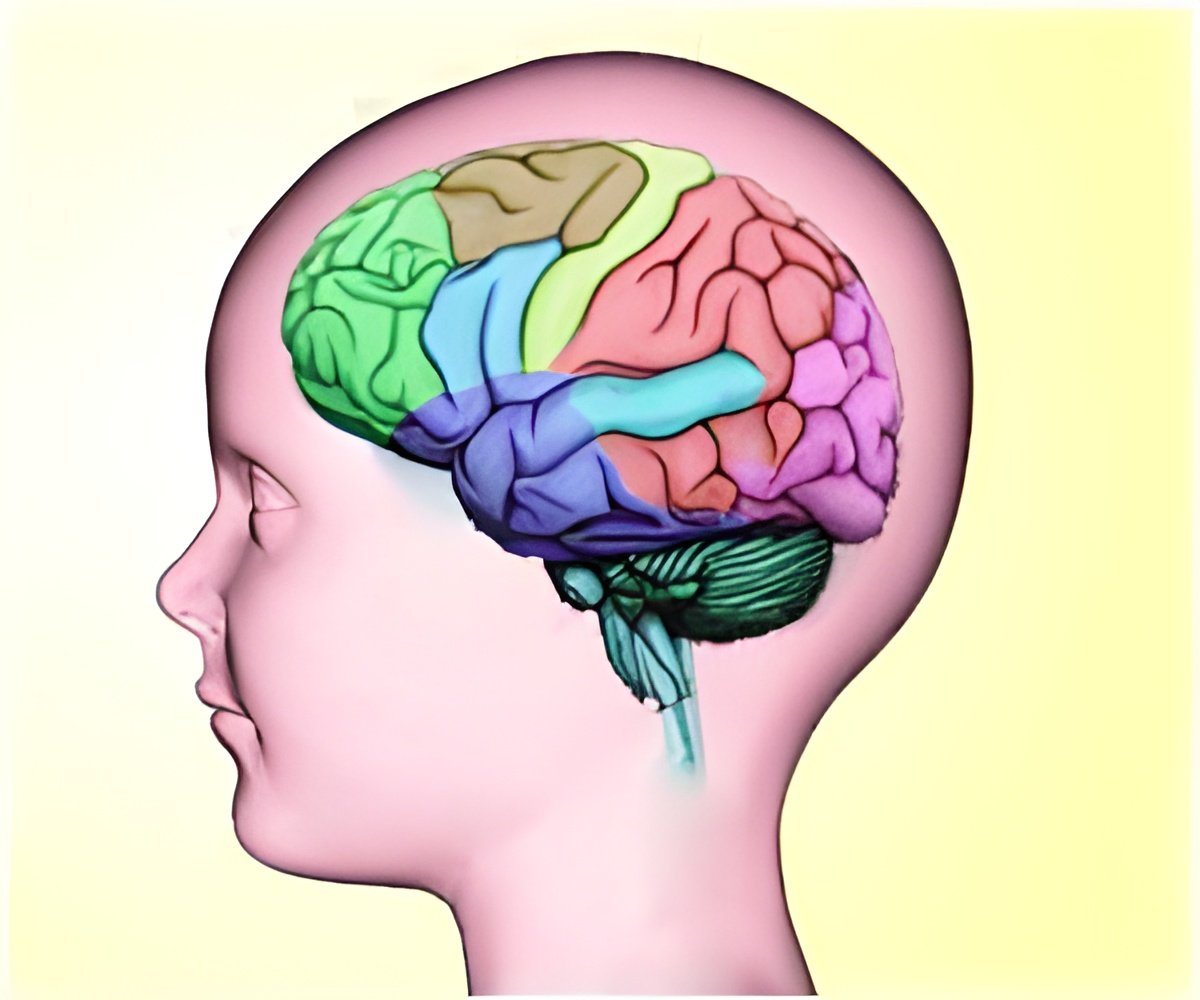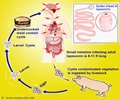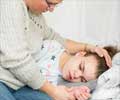The long-term outcomes of children with epilepsy are varied despite similar short-term morbidity among the originally surveyed children in a study with a decade-long follow-up.

Of the 226 children that were included in the original childhood surveillance study (called NLSTEPSS), 74 of the 203 survivors have received full clinical neurological evaluation as well as cognitive assessment with the median follow-up taking place after 8 years. Those patients who had prolonged febrile seizures had significantly better outcomes both in terms of subsequent neurological problems and in their cognitive abilities than those with epilepsy as a symptom of another underlying neurological problem, or remote symptomatic (RS) epilepsy. In fact, all children who had such seizures were neurologically normal and had IQs greater than 80.
The research team includes researchers from University College London's Institute of Child Health, Young Epilepsy in Lingfield, UK, Edinburgh University, Dartmouth Medical School, Hanover, and Great Ormond Street Hospital for Children, London, UK.
A surprising result of the study was that only one child had mesial temporal sclerosis (MTS), a type of damage to a part of the brain which is most common in temporal lobe epilepsy, indicating that the connection between febrile seizures and this condition is not as strong as previously believed.
"We have good reason to be confident that children with childhood status epilepticus can have good long-term outcomes, based on these preliminary results" said Dr. Richard Chin, one of the researchers of the study.
The author of this abstract will be available at the briefing at 11am on Monday, December 3rd in the onsite press room, Room 1A, upper level of the San Diego Convention Center. Briefing call-in number: Dial in on 1-866-740-1260; PIN 5867509#
Advertisement
The American Epilepsy Society, based in West Hartford, Conn., seeks to advance and improve the treatment of epilepsy through the promotion of research and education for healthcare professionals. Society membership includes epileptologists and other medical professionals, allied healthcare professionals, and scientists concerned with the care of people who have seizure disorders.
Source-Newswise















